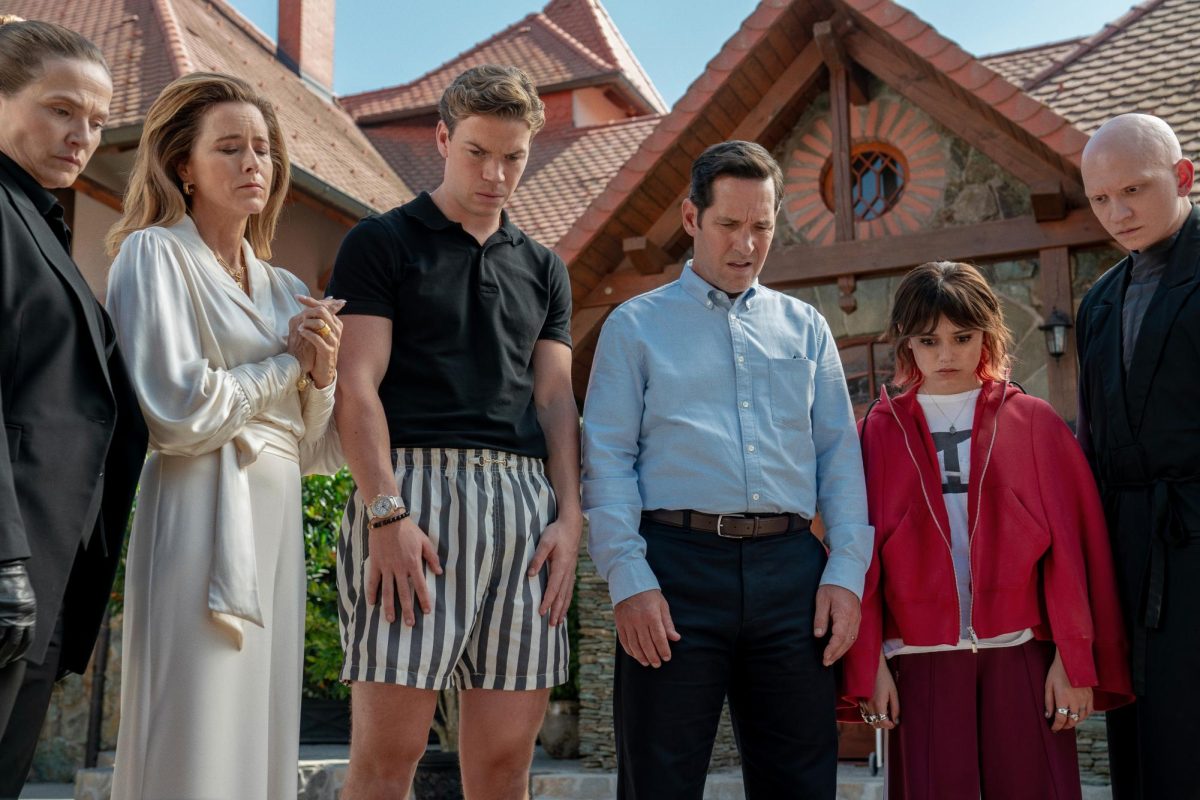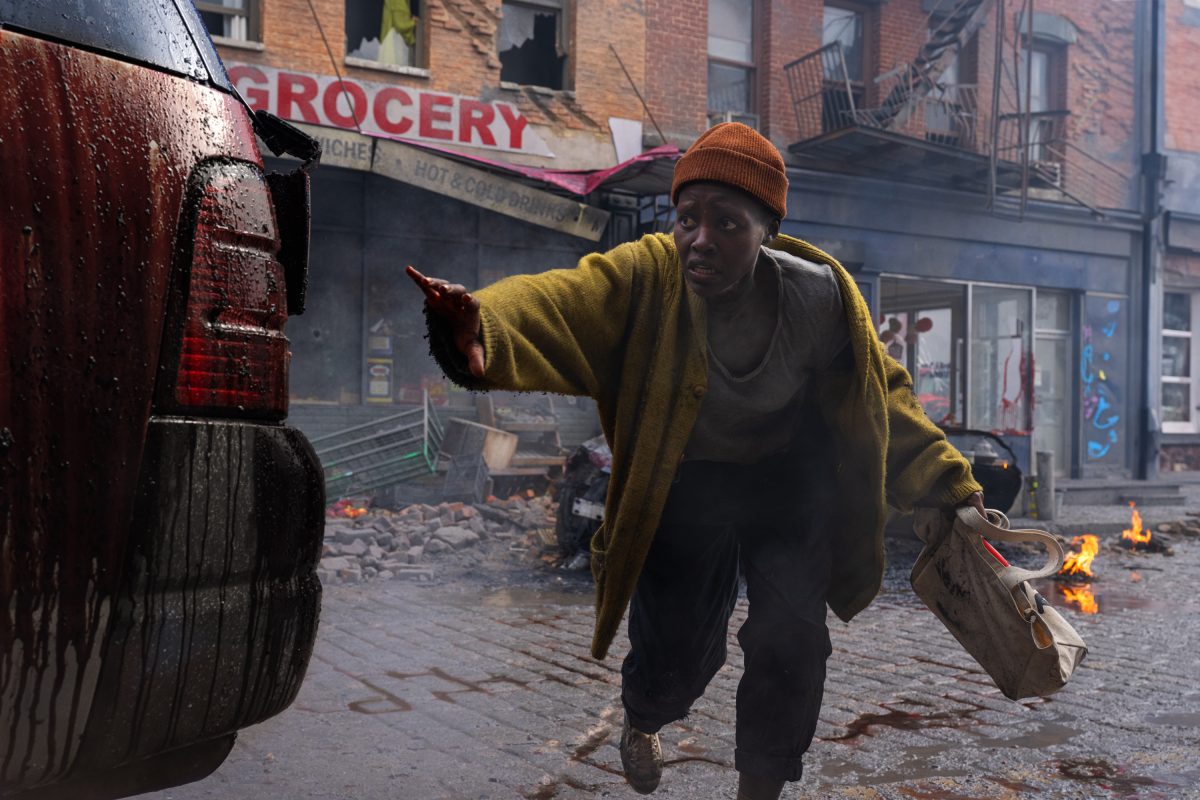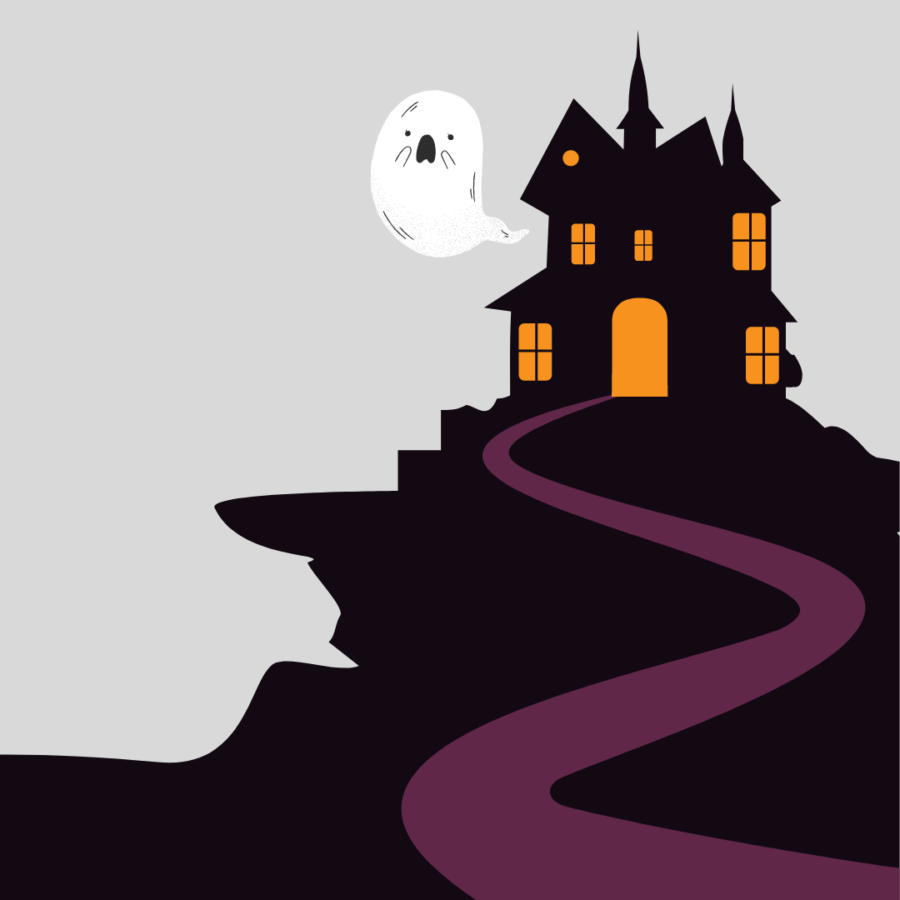In 1996, Failure fell prey to zeitgeist. The alt-rock/grunge fad was ending, and their album from that year, “Fantastic Planet,” a study in dynamic, pop-infused heavy rock music, simply never caught the rock public’s attention. Though those who heard it almost universally praised it, Failure fell into unfortunate obscurity.
With the passing of time, the fans became more rabid and bands such as Tool and A Perfect Circle kept the songs alive in performance and on record. When the band reunited, crowd-funding a new Failure record seemed natural.
And so we find “The Heart Is A Monster” and Failure continuing where they left off. Specifically, the lead-in soundscape “Segue 4,” which introduces the infectious “Hot Traveler” and starts off the album with a call-back to the musical “Segues” that partitioned “Fantastic Planet.” “Hot Traveler” is not exactly a barn burner, but it does introduce a new listener to the Failure ethos: punchy chords, infectious melodies and heavy, heavy rhythms.
“A.M. Amnesia” presents Failure’s gorgeous arrangements and production. It moves back and forth from massive walls of sound to intimate and almost secretive lyrics. Here the listener truly discovers Failure’s sound, which manages to mix “Pet Sounds”-era Beach Boys, Pink Floyd and Dave Grohl-era Nirvana—with touches of Trent Reznor, The Cars and David Bowie. The guitars slam and soar, the bass growls and the drums pummel, all complimenting the unassuming, lovely-lazy vocals of Ken Andrews, with chorus harmonies by Greg Edwards.
From there, the album keeps a steady mix of spacey, lush plodders and beefy, satisfying rockers. “Snow Angel” starts melancholy and builds to a massive conclusion, while “Atom City Queen” opens with an effects-heavy riff that belies the sumptuous melodies under the lyrics.
The band has a knack for finding the ear-worm in a song and injecting it directly into your brain. When they slow down for the chanteuse-ey “Mulholland Drive,” they commit to the premise and create a satisfying homage to Beatles/Beach Boys ballads and melodies without feeling twee or hackneyed. “Come Crashing” perfectly combines dark pop and massive rock into one of the most rewarding songs in recent memory.
Most of these songs are medium or slow tempo and tend toward building tension via Kellie Scott’s dynamic percussion and the calliope-esque lead guitar work. Edwards and Andrews share bass, guitar, keyboard and sampling duties, and it’s hard to know where one man’s contribution ends and the other’s begins. But they play off each other to great success, whatever instrument they use.
The bottom line is, if you are already a Failure fan, there is simply no reason not to get this album and support this band. They are like old friends, visiting after a long absence. Invite them in and let them tell you their tales. If you have not heard them before and you enjoy quirky melodies, substantial production and satisfying hard rock performances, you will find this record to be a treat. Support this band, get out and see them live, delve into their back catalog and make sure we don’t have to wait another 19 years for their next record.




















